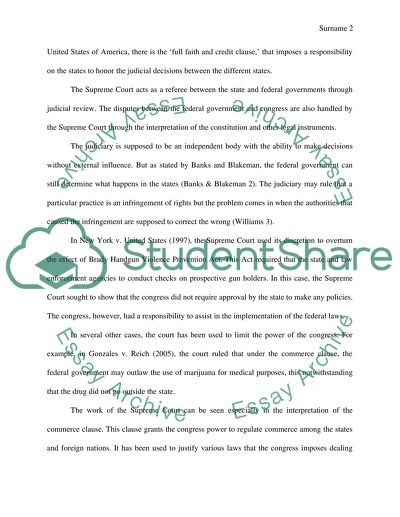Cite this document
(“New Federalism in USA Research Paper Example | Topics and Well Written Essays - 1000 words”, n.d.)
New Federalism in USA Research Paper Example | Topics and Well Written Essays - 1000 words. Retrieved from https://studentshare.org/social-science/1666163-new-federalism-in-usa
New Federalism in USA Research Paper Example | Topics and Well Written Essays - 1000 words. Retrieved from https://studentshare.org/social-science/1666163-new-federalism-in-usa
(New Federalism in USA Research Paper Example | Topics and Well Written Essays - 1000 Words)
New Federalism in USA Research Paper Example | Topics and Well Written Essays - 1000 Words. https://studentshare.org/social-science/1666163-new-federalism-in-usa.
New Federalism in USA Research Paper Example | Topics and Well Written Essays - 1000 Words. https://studentshare.org/social-science/1666163-new-federalism-in-usa.
“New Federalism in USA Research Paper Example | Topics and Well Written Essays - 1000 Words”, n.d. https://studentshare.org/social-science/1666163-new-federalism-in-usa.


